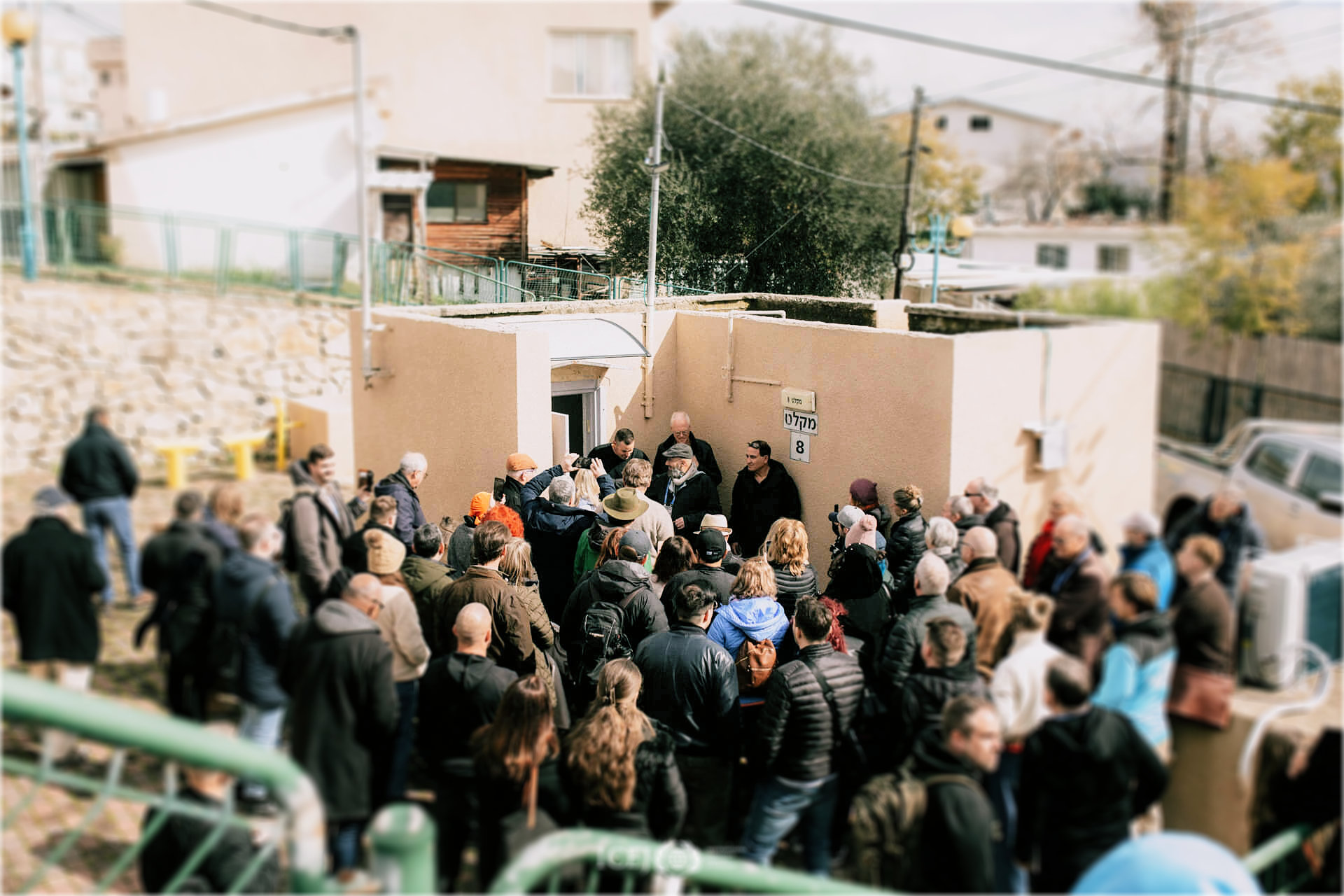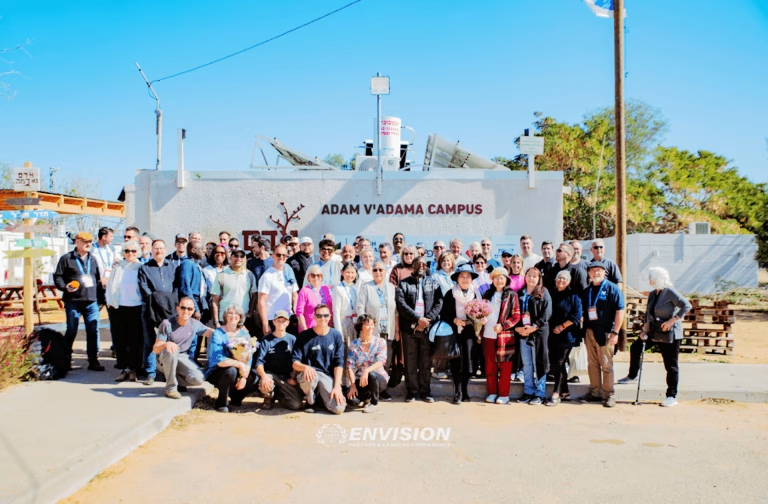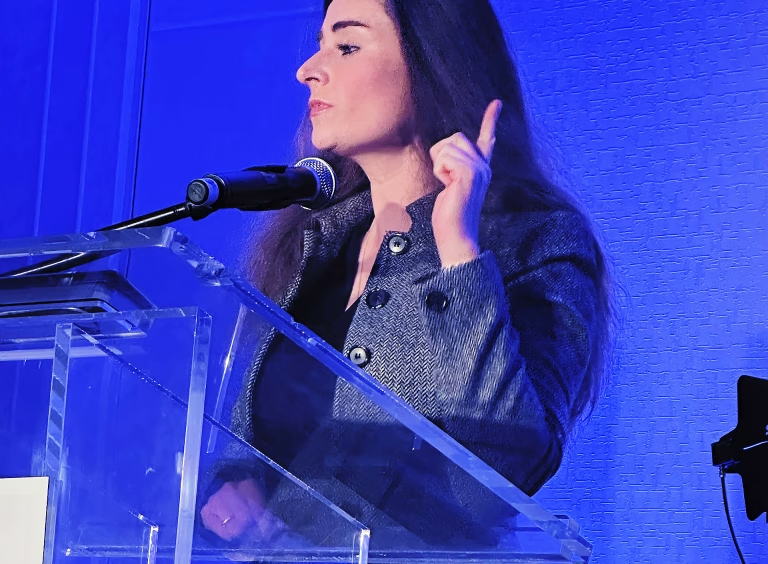With reports of an imminent ceasefire between Israel and Hizbullah in Lebanon taking hold on Tuesday (26/11/24), over 60,000 Israeli residents evacuated from along the northern border may finally be able to return home soon. Meanwhile, communities just south of the evacuation zone, such as the mixed Arab-Jewish village of Ma’alot Tarshiha, are also quite eager to see a halt in the fighting and especially the daily rocket barrages which have pounded the region for over a year now.
The International Christian Embassy Jerusalem has a special relationship with the town of Ma’alot-Tarshiha, having fully renovated all 57 of their public underground bomb shelters over the past year. An ICEJ team recently paid a visit to see how the town’s citizens have been faring under the waves of rockets and drones from Lebanon.
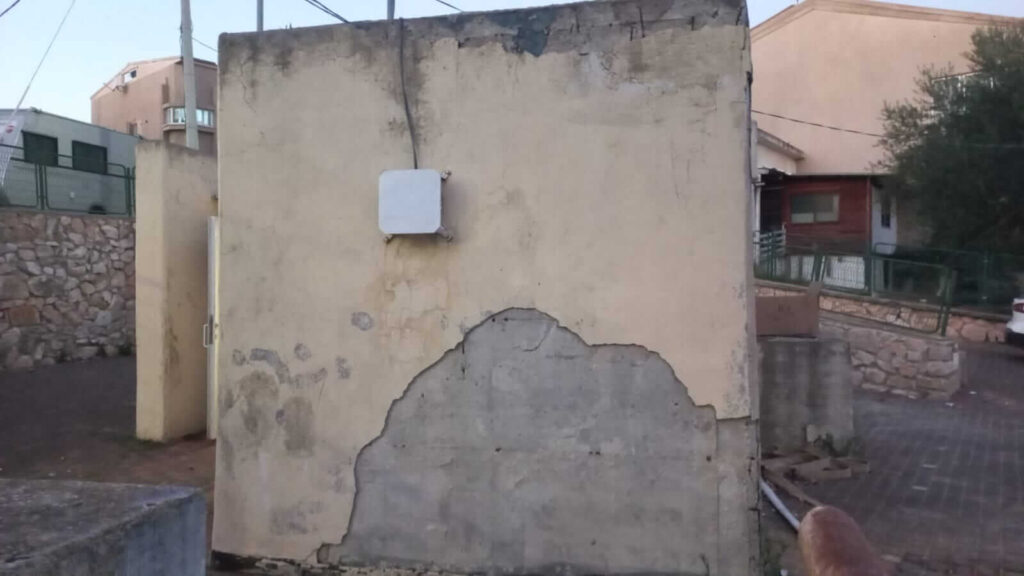
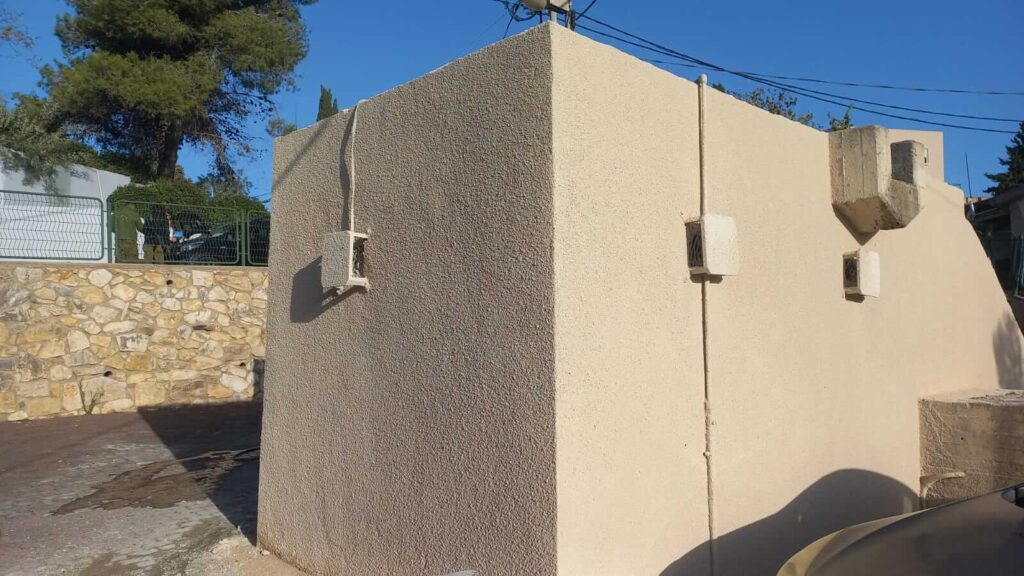
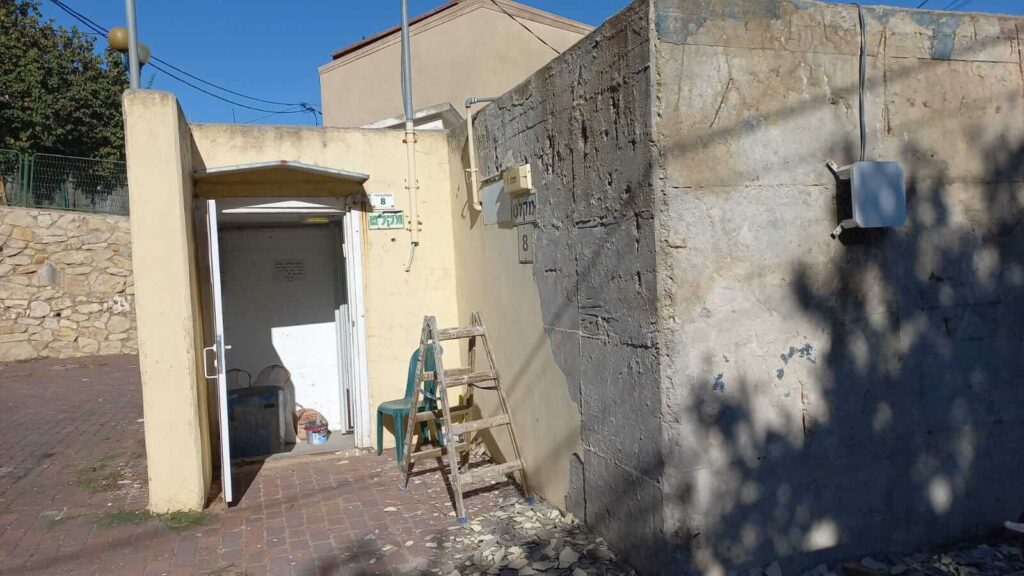
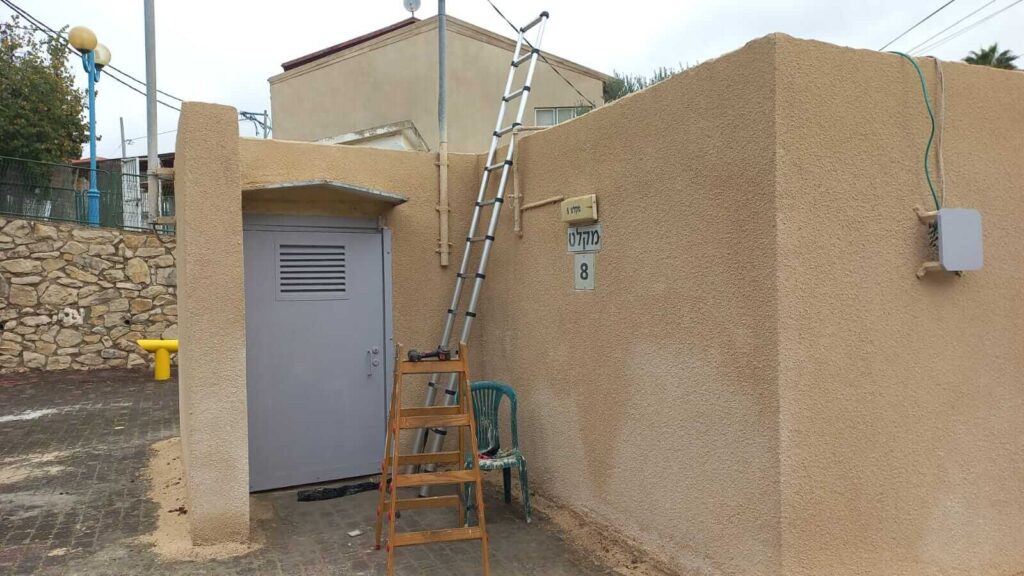
The Arab-Jewish municipality is located just 8 kilometres south of the Lebanese border, and its 20,000 residents have lived under the constant threat of Hizbullah rocket and drone attack, as well as possible terrorist infiltrations, since October 8 of last year. Hizbullah has launched more than 16,000 missiles and rockets into northern Israel in that time, and just a few weeks ago, a young Arab man from the town was one of the latest casualties from these relentless rocket volleys.
When we first met with town officials last year, we discovered the residents were highly vulnerable to the Hizbullah rocket threat, especially due to the deteriorated state of their public bomb shelters. The shelters had long been neglected and fallen short of safety standards since the end of the last major conflict with Lebanon in 2006.
Prior to the ICEJ’s intervention, the government’s own inspection of Ma’alot-Tarshiha’s shelters uncovered serious deficiencies. Many shelters were outdated, suffering from severe moisture issues, flooding, and inadequate ventilation, leaving them unusable. The lack of proper maintenance led to mold, water damage, and non-functional bathrooms, making them unsuitable for residents seeking refuge during frequent rocket barrages.
In the case of a rocket alarm, residents usually stay in the shelters for 10 minutes after an attack to avoid falling rocket debris. However, the intense exchanges along the border have meant remaining in the shelters for hours or even days, making the renovations essential.
“This is a matter of human life!” insisted Moti Ben David, a member of the municipal council.
In response, the Christian Embassy funded the complete renovation of all 57 of the town’s public bomb shelters, along with 73 public shelters in the nearby border town of Shlomi. Among the key upgrades were the installation of air conditioning, enhanced ventilation system, upgraded bathrooms, and reliable Wi-Fi, alongside the removal of water and excess moisture.
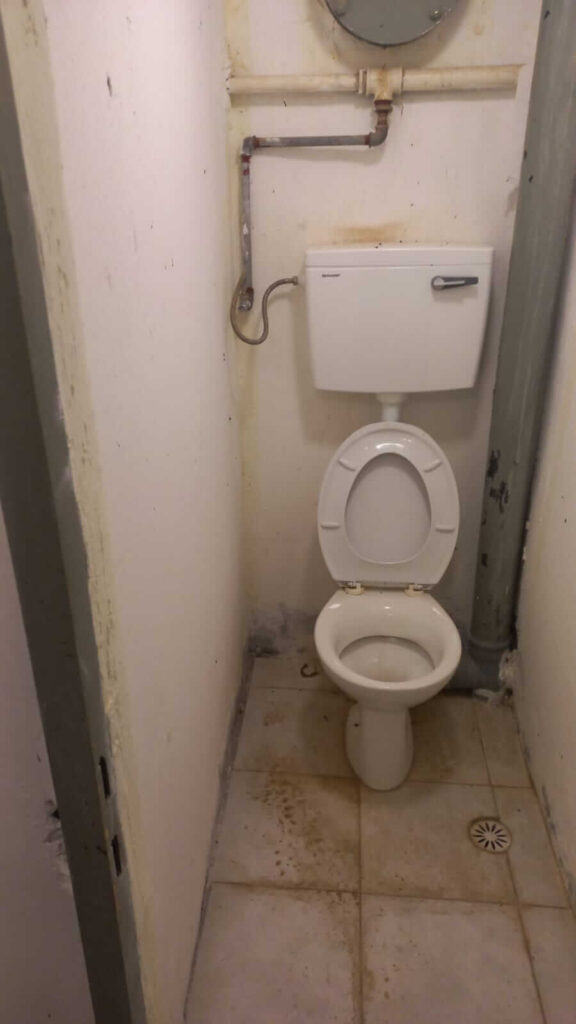
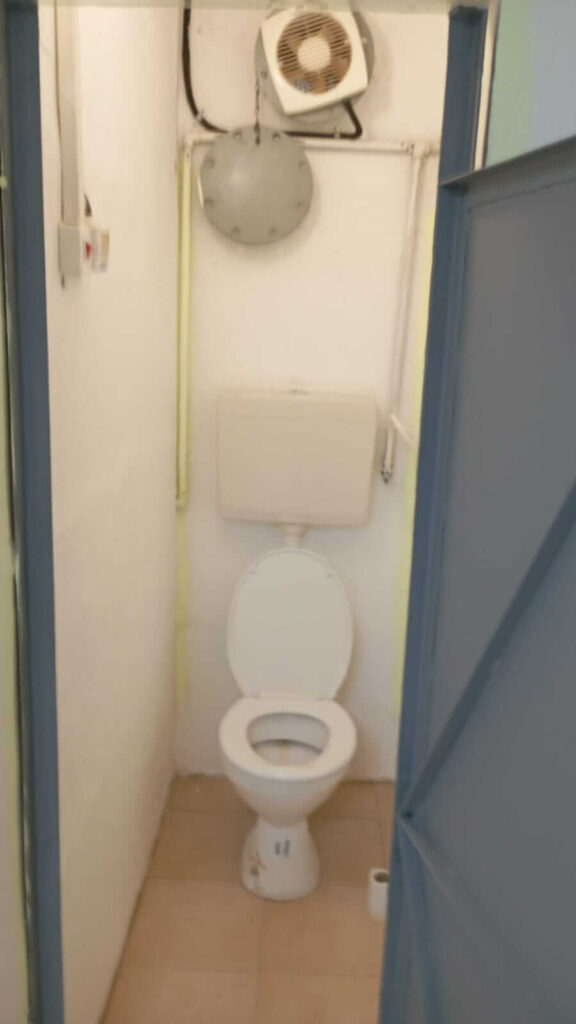
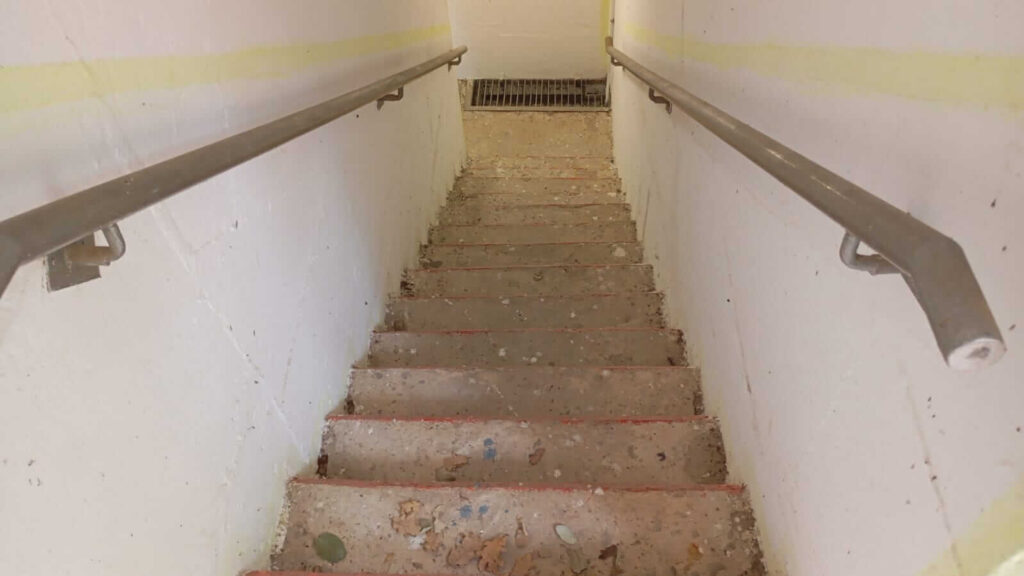
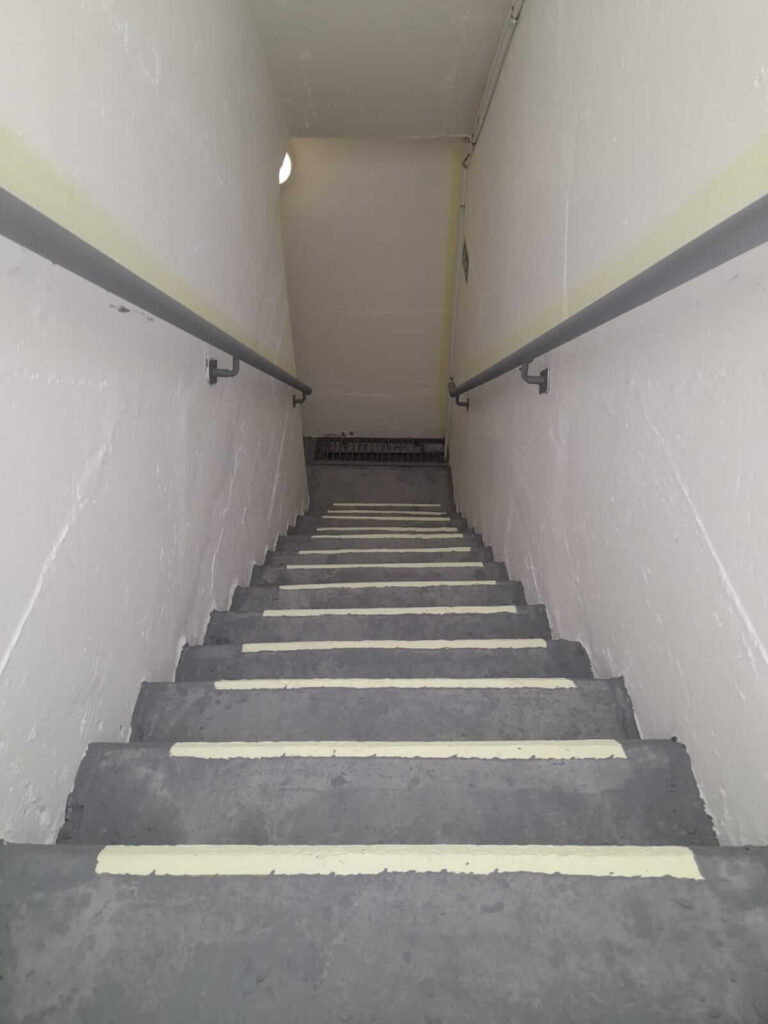
“On behalf of all the residents of the city, I would like to thank you for your contribution to the renovation of the public shelters in our city,” Yossi Turjeman, the town’s security chief, told our visiting ICEJ delegation. “Over the past year, we have been going through a difficult and challenging period, and there is no doubt that your contribution is helping all the residents get through it in a safer manner.”
“Many thanks as well for the communication devices we received,” noting the special radio transmitters the ICEJ donated for the security and first-responder teams in Ma’alot-Tarshiha. “They are used by us every day, every hour, and help save lives. I am grateful and deeply value your support.”

“As a resident of the city, I have seen how your contributions benefit many women, children, the elderly, and participants at the seniors’ day center,” added Manny Adri, the contractor overseeing the shelter renovations. “Thanks to you, the once gray and damp shelters have been transformed into bright, shiny spaces that bring hope to the community. These shelters now provide essential protection during these challenging times. Your generosity truly lights the way forward for our residents.”
“Thank you very much to everyone who assisted and contributed to improving our shelters during this challenging time,” said the owner of a local guest house. “The situation was frightening in our public shelters, and during this tense time, it is impossible to be without a protected space. It is such a relief to know that there is somewhere to run if the sirens go off.”
By funding the renovations of these protective shelters in Ma’alot Tarshiha, the ICEJ has ensured that residents of this embattled front-line community could continue to feel secure enough to remain in their homes and keep their businesses alive despite the constant threat of Hizbullah rockets. Israel indeed is facing much hatred and many threats, but our Christian love and concern for this nation is a much greater force and helps them persevere despite the dangers.


